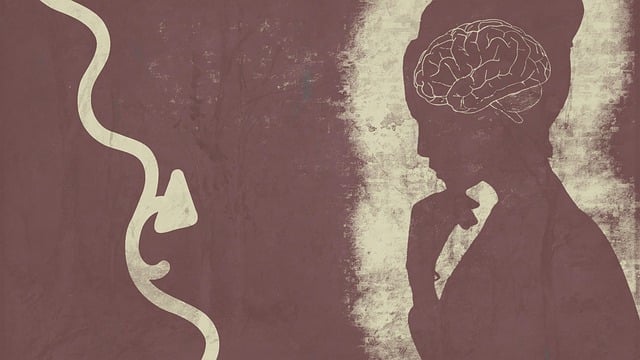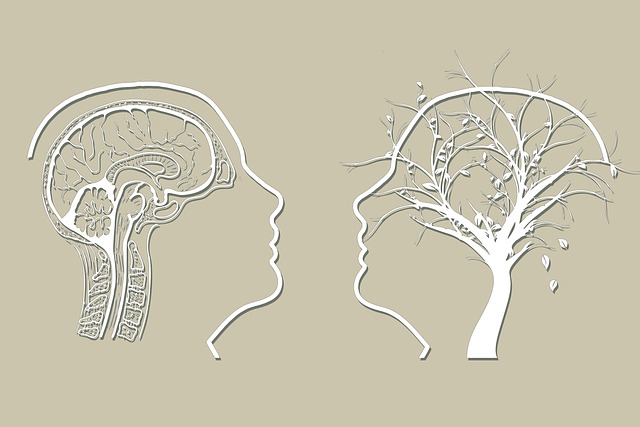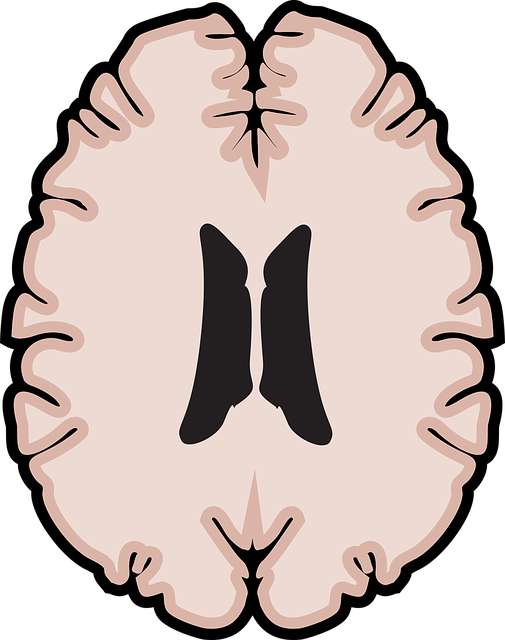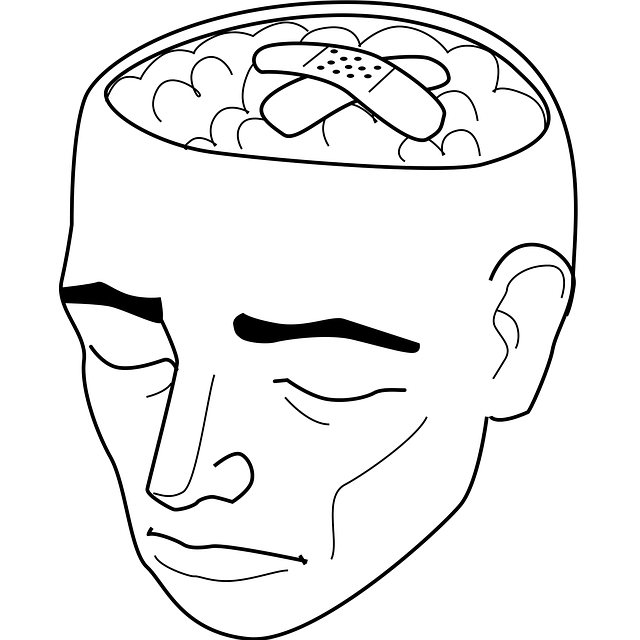Lafayette Major Life Transitions Therapy leverages positive thinking to empower individuals during challenging life changes, offering a holistic approach that combines emotional intelligence and tailored self-care. Through therapeutic exercises like gratitude journaling and mindfulness meditation, clients cultivate optimistic attitudes, reduce stress, and improve emotional regulation. Success is measured using clear goals and regular assessments, with therapists supporting clients through resistance to change and providing personalized strategies for resilience and well-being.
Positive thinking exercises are powerful tools for enhancing well-being, especially during major life transitions. This article explores Lafayette Major Life Transitions Therapy, a holistic approach combining positive psychology with therapeutic practices. We’ll guide you through integrating these exercises into daily routines and offer strategies to measure success while overcoming potential challenges. By understanding the impact of positive thinking, you can harness its power for personal growth and improved mental health.
- Understanding Positive Thinking and Its Impact on Well-being
- Lafayette Major Life Transitions Therapy: A Holistic Approach
- Integrating Positive Thinking Exercises into Daily Routine
- Measuring Success and Overcoming Challenges in the Therapy Process
Understanding Positive Thinking and Its Impact on Well-being

Positive thinking is a powerful tool that can significantly influence an individual’s overall well-being and mental resilience, especially during challenging times or major life transitions. It involves cultivating optimistic attitudes, focusing on personal strengths, and interpreting experiences in a positive light. This simple yet profound practice has been shown to reduce stress, enhance emotional regulation, and even improve physical health. By adopting positive thinking, individuals can better cope with anxiety and other mental health concerns, fostering a sense of calm and empowerment.
In the context of Lafayette Major Life Transitions Therapy, understanding the impact of positive thinking is crucial. This therapeutic approach aims to support clients in navigating significant changes while promoting emotional well-being. Through various exercises and techniques, therapists guide individuals to challenge negative thought patterns, replacing them with more adaptive and positive ones. Such interventions can lead to improved mental flexibility, better decision-making, and enhanced overall life satisfaction, especially when coupled with proper risk assessment for mental health professionals.
Lafayette Major Life Transitions Therapy: A Holistic Approach

Lafayette Major Life Transitions Therapy offers a holistic approach to addressing life’s significant changes and challenges. This therapy recognizes that emotional intelligence is crucial for navigating complex transitions, which often require profound personal growth. By focusing on self-care practices tailored to individual needs, it equips individuals with the tools to adapt and thrive during major life events.
The program, designed by healthcare providers with cultural competency training, understands that different cultures have unique perspectives on healing and transition. They create a supportive environment, ensuring every client receives personalized care. This inclusive practice not only enhances well-being but also fosters resilience, enabling individuals to embrace change as an opportunity for positive transformation.
Integrating Positive Thinking Exercises into Daily Routine

Integrating positive thinking exercises into your daily routine can be a game-changer for managing stress and navigating life’s challenges, especially during major life transitions. Lafayette Major Life Transitions Therapy emphasizes the power of mindset shifts to enhance emotional healing processes. By dedicating just a few minutes each day to these practices, you can cultivate resilience and improve overall well-being. Start with simple techniques like gratitude journaling, where reflecting on positive experiences helps rewire your brain for optimism. This practice can be particularly effective during stressful times, offering a moment of calm and perspective.
Incorporating stress reduction methods, such as mindfulness meditation or deep breathing exercises, into your morning routine can set a peaceful tone for the day ahead. These practices promote mental illness stigma reduction efforts by fostering self-compassion and emotional awareness. Over time, regular engagement with positive thinking exercises becomes second nature, allowing you to approach life’s ups and downs with greater equanimity.
Measuring Success and Overcoming Challenges in the Therapy Process

Measuring success and overcoming challenges are integral parts of any therapy process, especially when it comes to Lafayette Major Life Transitions Therapy. Defining measurable goals at the beginning helps clients and therapists track progress objectively. This could involve setting milestones related to improved coping strategies, enhanced emotional regulation, or increased resilience during significant life changes. Regular assessments using standardized tools can provide valuable insights into a client’s mental health trajectory. For instance, the use of self-care routine development techniques, such as keeping a journal or practicing mindfulness, might be encouraged and evaluated over time.
However, therapy is not without its hurdles. Clients may face challenges like resistance to change, fear of vulnerability, or setbacks during major life transitions. Therapists play a crucial role in navigating these obstacles by fostering open communication, providing support, and offering alternative strategies. Social skills training can be instrumental in building confidence and facilitating healthier interactions. Moreover, conducting regular risk assessments for mental health professionals is essential to ensure client safety and maintain ethical standards, especially when dealing with vulnerable populations.
Implementing positive thinking exercises, as explored through Lafayette Major Life Transitions Therapy, can significantly enhance well-being. By integrating these practices into daily routines, individuals can navigate life’s transitions more smoothly and foster a sense of resilience. Measuring success along the journey involves tracking personal growth and emotional shifts, while overcoming challenges requires adaptability and consistency. Embrace this holistic approach to unlock your potential for positive transformation.














